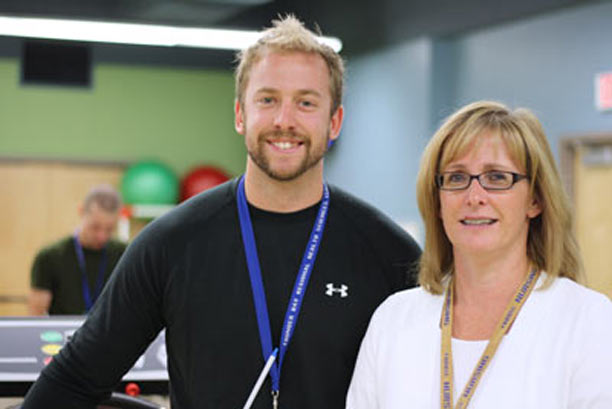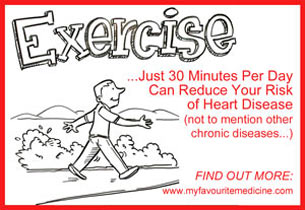

THUNDER BAY – Health – Yes, cardiac rehab after a heart event is important in a patient’s recovery. But prevention is even better.
That’s why the Cardiac Education and Rehabilitation Program at the Thunder Bay Regional Health Sciences Centre would like to expand programming to include high-risk clients to help them delay or avoid heart events. The program has already accepted patients with other chronic conditions or with multiple risk factors into the program as a preventative measure.
Cardiac Rehab
[sws_pullquote_left]In Thunder Bay, the Cardiac Rehab program itself usually has about 200 clients at any given moment – it has room for up to 400 – and gets about 850 referrals per year [/sws_pullquote_left] “Our mandate is cardiac rehab, but we’d like to expand that to encompass all chronic conditions,” said Caterina Kmill, Cardiac Rehab’s Program Coordinator. “It makes a lot of sense. In my 13 years in this program, I don’t remember a patient that has just cardiac disease – they have other health issues. We know that this type of programming can help with those health issues and reduce risk factors.”
Although physical exercise plays a large role, the program is a holistic approach for clients and includes a variety of lifestyle changes to help clients get healthy such as education, diet and eating information, and one-on-one coaching.
 “Every client has a personalized exercise program with us,” Kmill said. “We encourage our clients to set goals and then we help them work towards it.”
“Every client has a personalized exercise program with us,” Kmill said. “We encourage our clients to set goals and then we help them work towards it.”
These goals may include losing weight, decreasing fatigue, and regaining that sense of vitality. It might be as simple and specific as wanting to play with their grandchildren again without being exhausted at the end of the day.
“The focus is to change health behaviours: increasing activity, stopping smoking, improving diet and nutrition, reducing alcohol consumption, and so on,” she said.
In Thunder Bay, the Cardiac Rehab program itself usually has about 200 clients at any given moment – it has room for up to 400 – and gets about 850 referrals per year. There are also eight partner sites in the region: Atikokan, Dryden, Fort Frances, Geraldton, Manitouwadge, Marathon, Nipigon, and Sioux Lookout – programs in two other communities may also open in the near future. Cardiac Rehab offers Tele-rehab services including education and information sessions via videoconferencing to reach clients across Northwestern Ontario.
Thanks at least in part to its successes, the program is part of a study with Toronto Rehab to measure exactly how the Cardiac Rehab program improves Quality of Life for its clients, and may be part of a second study investigating the impact of exercise on chronic illness.
Kmill said that exercise is the single best thing a person can do to improve their health – before or after a heart attack.
“We know that one bout of exercise will lower blood pressure for hours and your blood glucose goes down,” Kmill said. “After regular exercise, you’re looking at changes like your skeletal muscle mass improving, weight loss, and a smaller waist as people lose that visceral fat.”
Making healthy food choices, avoiding stress, and of course stopping smoking are also important – and the earlier the better.
“Medication and medical treatments after we’ve developed these chronic conditions isn’t the answer. We want to help clients avoid these conditions in the first place,” Kmill said.






